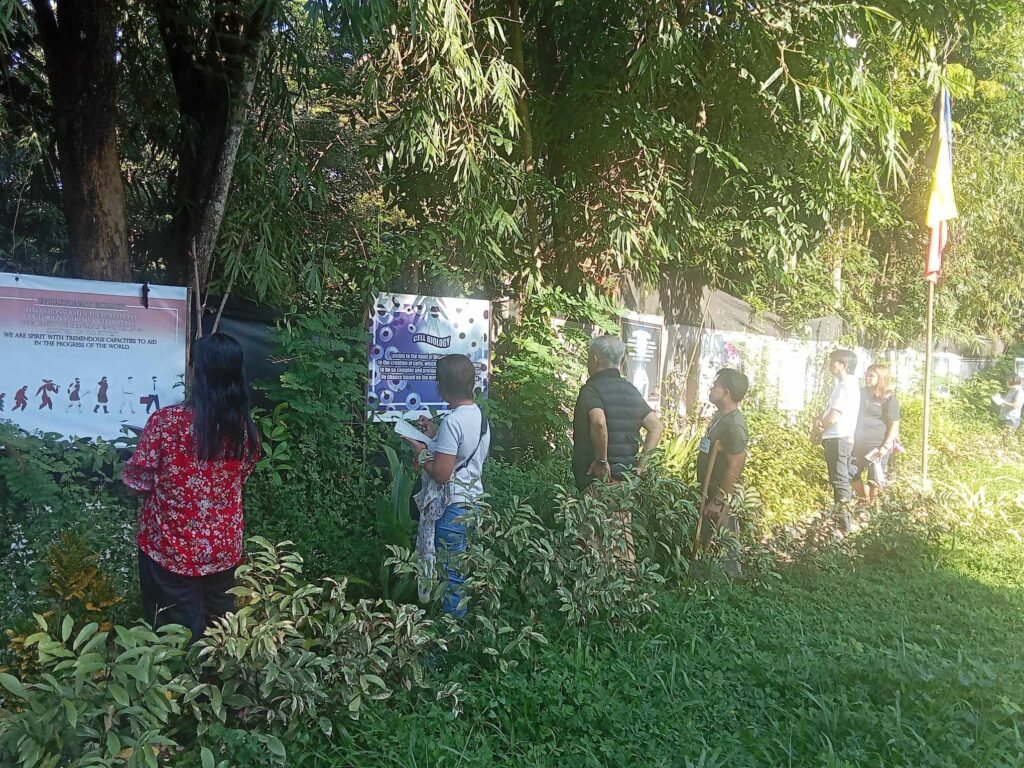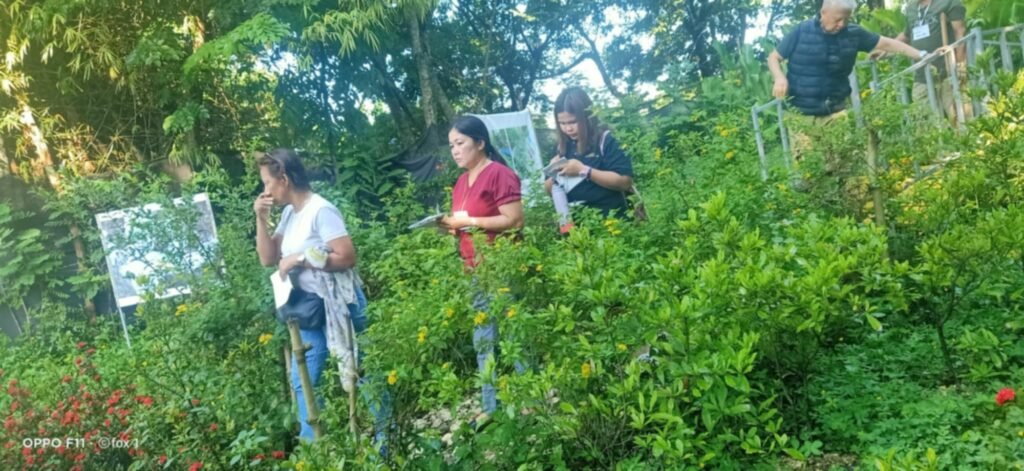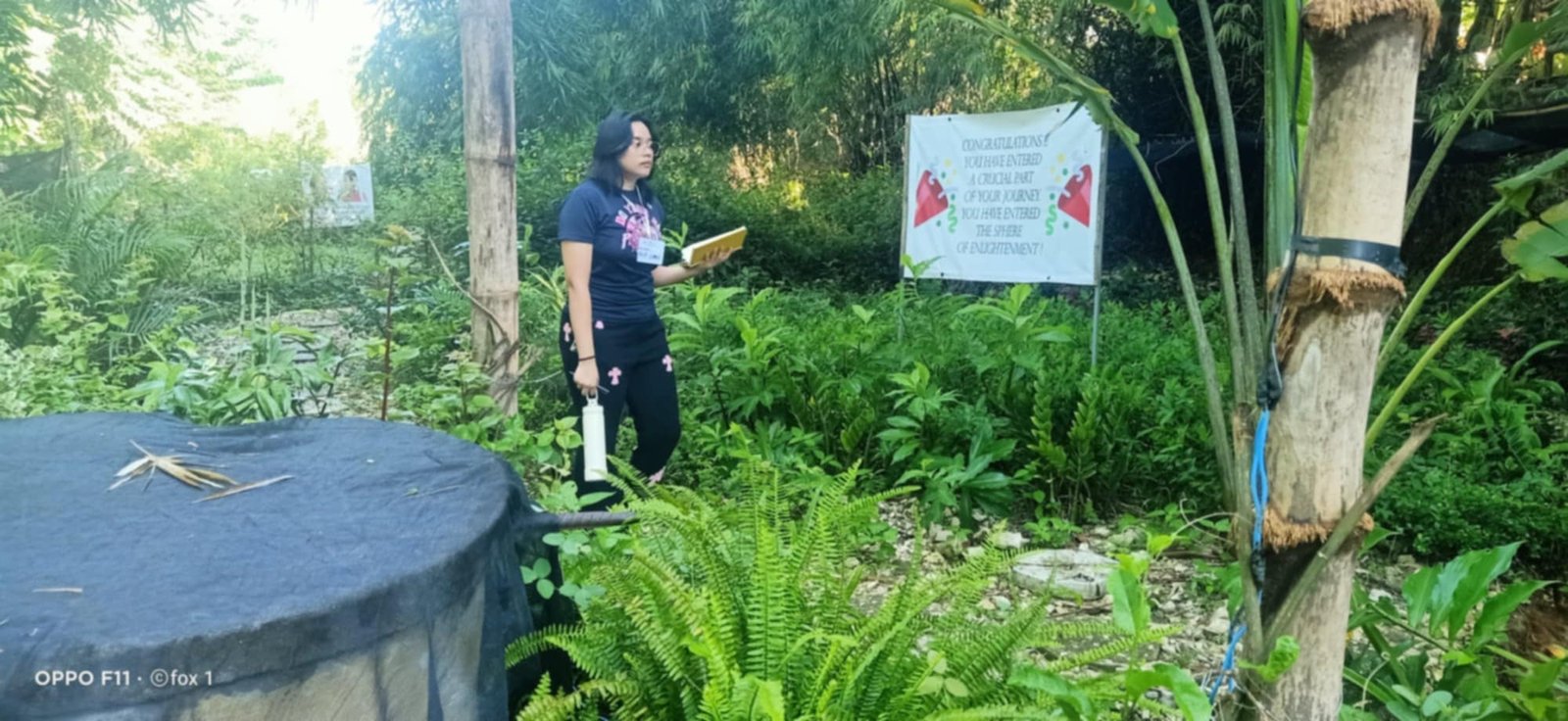As the Lakaran continued, the group began to explore the principles of Inner Conditioning. One of the key ideas presented was the astonishing connection between the heart and the brain. Both organs share similar properties, and when they are coherent—working in harmony—our inner state transforms. This coherence is crucial because, as modern science like psychoneuroimmunology shows, our emotions directly impact our physical health. Anger or stress doesn’t just make us feel bad; it can shut down our immune system, leaving us vulnerable to illness.


As they walked, the teachings were enriched by reflections on historical and spiritual concepts. The group discussed the works of Reynaldo Ileto, particularly his exploration of Pasyon and Revolution. Bonifacio, they learned, used the spiritual language of the Pasyon—a narrative of God’s suffering—to inspire a sense of duty and sacrifice among the Katipuneros. Here, the idea of Utang na Loob was dissected. Often abused in social contexts, the true debt of gratitude, they realized, should be to God, not merely to fellow humans.
The Lakaran itself was more than just a journey; it was a symbol of infinity, an endless loop of growth, challenge, and return. The first stage was The Call—the moment when one feels the pull to begin the inner journey. Next came Trials and Challenges. Here, the participants were reminded that we all have a dark side, a part of us that resists change. This resistance is where the real work begins, where we must cleanse our inner selves. In the discussion, the Katipunero password, “Jose Rizal,” was mentioned as a symbol of enlightenment, the third stage of the journey. But they were warned to be cautious of false light, the kind that blinds rather than illuminates. The final stage was Pagbabalik, the return. After the journey, one must come back to the world, transformed and ready to lead others, not from a place of superiority, but from a place of service.
The day’s teachings also touched on Maslow’s Hierarchy of Needs. While basic needs must be met first, the workshop emphasized that self-actualization is not a distant dream for a few, but a potential reality for all. It’s about finding true identity, purpose, and service—goals that, when pursued, lift one beyond mere survival into the realm of profound human experience. They also explored transpersonal psychology, which delves into experiences that transcend the individual ego, connecting with something greater than oneself. Here, the persona was discussed—not just as a social mask, but as a construct that can both reveal and hide one’s true nature.
The goal of the Lakaran, and the Inner Conditioning process, was to peel away this mask, to encounter the authentic self beneath. The day ended with a reflection on the landscape as a metaphor for human existence. Just as the physical environment shaped their journey, so too does the societal landscape shape who we are. But, as Einstein wisely noted, we cannot solve our problems with the same thinking that created them. The workshop was not just about self-improvement, but about transforming our worldview, about embracing a new way of thinking that aligns with the truth of who we are. In this light, the Lakaran wasn’t just a walk—it was a step towards becoming fully human, towards integrating the divine and the mundane, the spiritual and the physical, into a coherent, meaningful life. As the participants returned from the journey, they did so with a deeper understanding of their true selves, ready to face the challenges ahead with a renewed sense of purpose and clarity.





Leave a Reply